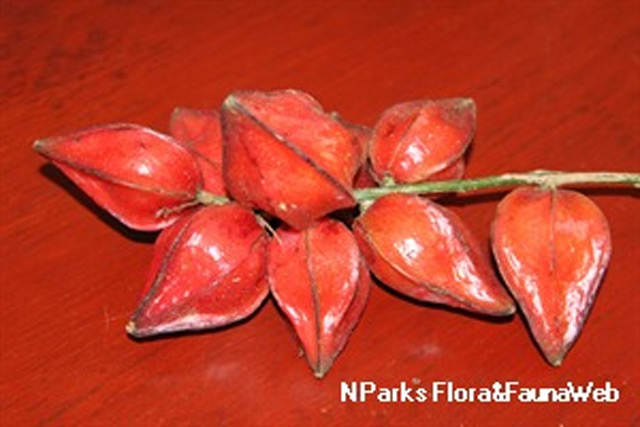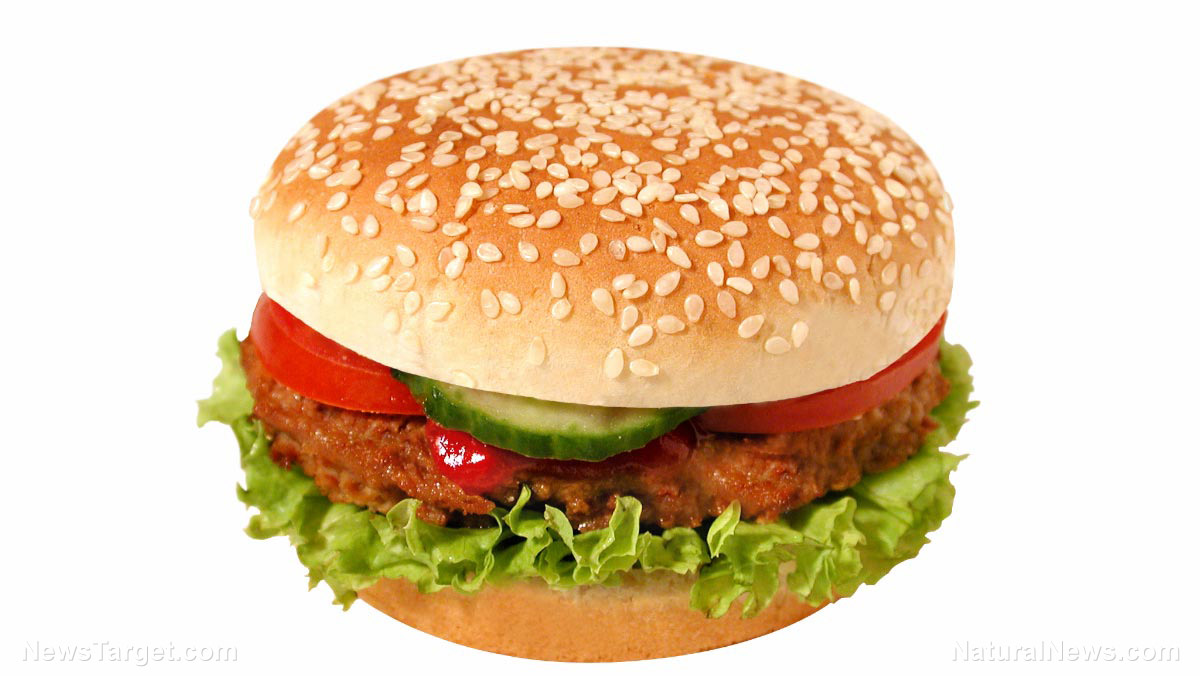Malaysian fruit belimbing dayak can help lower LDL cholesterol
04/24/2019 / By Ralph Flores / Comments
Views

Advertisement
Researchers have found that juice extracted from Baccaurea angulata, a plant native to Malaysia and locally called belimbing dayak, can help improve symptoms of hypercholesterolemia. The findings were published in Nutrition Research.
- The study built on previous evidence that demonstrated the health benefits of B. angulata fruit juice.
- In this study, the researchers looked at whether B. angulata fruit juice can improve biomarkers for diet-induced hypercholesterolemia using animal studies.
- Researchers used 35 adult New Zealand white rabbits for the study. During the 90-day study, the rabbits were assigned into seven groups, with the following diet interventions:
- Four atherogenic groups fed with a 1 percent cholesterol diet and B. angulata fruit juice at 0, 0.5, 1.0 and 1.5 milliliters per kilogram (mL/kg) of body weight
- Three normal groups fed with commercial rabbit pellets and B. angulata fruit juice at 0, 0.5, and 1.0 mL/kg
- The rabbits were treated with B. angulata fruit juice daily. Both baseline and final blood samples were collected during the experiment. In addition, biochemical markers, as well as hematological parameters such as serum, aortic and hepatic lysates, were also collected and analyzed.
- The findings revealed positive changes in the hemopoietic system, serum and tissue lipid profiles, and other biomarkers associated with consuming a high-cholesterol diet.
- Researchers also observed that improvements in the biomarkers were dose-dependent and were seen in the rabbits that were treated with 1.5 mL/kg a day.
The findings concluded that B. angulata fruit juice is an antioxidant-rich drink that can protect against symptoms of hypercholesterolemia.
Journal Reference:
Ahmed IA, Mikail MA, Ibrahim M. BACCAUREA ANGULATA FRUIT JUICE AMELIORATES ALTERED HEMATOLOGICAL AND BIOCHEMICAL BIOMARKERS IN DIET-INDUCED HYPERCHOLESTEROLEMIC RABBITS. Nutrition Research. June 2017;42:31–42. DOI: 10.1016/j.nutres.2017.04.012
Tagged Under:
alternative medicine, anti-obesity, Baccaurea angulata, belimbing dayak, cardiovascular disease, cholesterol, disease treatments, fightobesity, food cures, food is medicine, functional food, goodfood, goodhealth, goodmedicine, heart health, hypercholesterolemia, natural cures, natural medicine, remedies, superfoods
100% Fresh Food News, Right at Your Fingertips!
Find out everything you need to know about clean and healthy eating when you sign up for our FREE email newsletter. Receive the latest news on all the top superfoods, recipes, natural remedies, diets, food tips, and more!
Your privacy is protected. Subscription confirmation required.
Related Articles
Advertisements







